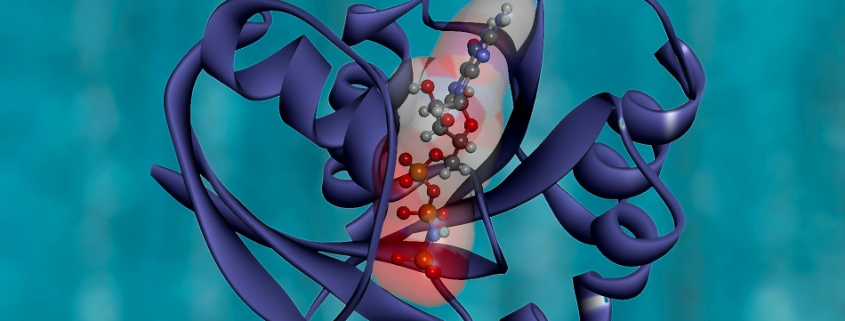An evolutionary leap for life sciences: when AI transcends human crowds
The announcement that Google’s DeepMind has won the Critical Assessment of protein Structure Prediction challenge is important in a number of ways.
Being able to predict a protein’s shape from its amino acid sequence could massively accelerate the development of new medicines. Speaking to Nature:
“It’s a game changer,” says Andrei Lupas, an evolutionary biologist at the Max Planck Institute for Developmental Biology in Tübingen, Germany, who assessed the performance of different teams in CASP. AlphaFold has already helped him find the structure of a protein that has vexed his lab for a decade, and he expects it will alter how he works and the questions he tackles. “This will change medicine. It will change research. It will change bioengineering. It will change everything,” Lupas adds.
An AlphaFold prediction helped to determine the structure of a bacterial protein that Lupas’s lab has been trying to crack for years… “The model… gave us our structure in half an hour, after we had spent a decade trying everything,” Lupas says.
When I was deeply involved in the world of crowdsourcing, at the time that I wrote the book Getting Results From Crowds, FoldIt was a posterchild for the use of crowdsourcing in science, in which people played online 3D games to work out how proteins folded, as showcased in my Crowd Business Models framework. Supercomputers were not able to do this effectively.
While AI has transcended human capabilities in a wide variety of domains, this application has special value.
Drug development requires trialling many different possible compounds, which is beyond the scale or capability of even crowds of smart humans, given the hundreds of millions of proteins that are so far unexamined. This could substantially accelerate the identification of high value drugs, with Google specifically pointing to its applications to understanding the protein structures of COVID-19.
Demis Hassabis, founder of DeepMind, says:
“I do think it’s the most significant thing we’ve done, in terms of real-world impact.”
There are debates as to whether evolution happens gradually or in shorter rapid phases.
This outcome looks likely to be a dramatic acceleration in life sciences from the application of artificial intelligence. No doubt life and other sciences will receive further massive boons from AI.



